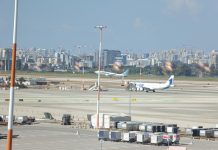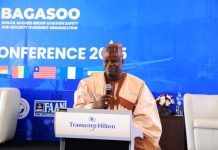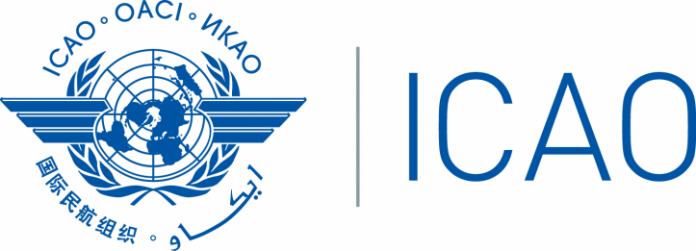The President of the ICAO Council, Dr. Olumuyiwa Benard Aliu, strongly encouraged regulators to liberalize and harmonize air services at the Eleventh ICAO Air Services Negotiation Event in Nairobi, where he delivered the opening address.
“As air services negotiators, you have the capability to augment the developmental impact of air connectivity quite dramatically by opening skies and facilitating new direct routes through more inclusive multilateral agreements, Dr. Aliu remarked. “Accomplishing this would be a giant step forward toward addressing the inefficiencies posed by today’s unwieldy patchwork of over 4,500 or so bilateral agreements.” Optimizing air connectivity, he noted, will also demand the global harmonization of regulatory frameworks.
Air transport already sustains 65 million jobs worldwide and contributes more than 2.7 trillion USD annually to global GDP. Forecast growth could result in the doubling of these contributions by 2035, provided that it is appropriately supported and encouraged.
A major challenge to global aviation growth is the fragmentation of air services markets and economies, which are often governed by complex bilateral and regional air transport frameworks. To address this, ICAO is advocating for the worldwide implementation of the ICAO “Long-term Vision for International Air Transport Liberalization.”
Highlighting recent positive developments in Africa, Dr. Aliu advised delegates to build on the good momentum which has been achieved in this regard. “It has been encouraging to witness the launching of the Single African Air Transport Market (SAATM) in January this year. The SAATM is an initiative of the African Union, and together with the establishment of the Continental Free Trade Area (CFTA) it will accelerate intra-African trade flows, generate air cargo demand, and spur e-commerce development,” he said.
The annual ICAO Air Services Negotiation Events, which rotate through world regions, were designed to provide a forum where regulators can make quick progress toward liberalization through multilateral negotiations. Prior to its launch, delegates would be required to travel to each individual bilateral partner to conduct these negotiations. As a result of this complexity and associated cost, some existing bilateral agreements still include decades-old provisions that must be modernized.
Seventy States representing all world regions, and three international organizations, are participating in the negotiations, which will close on 14 December 2018.













